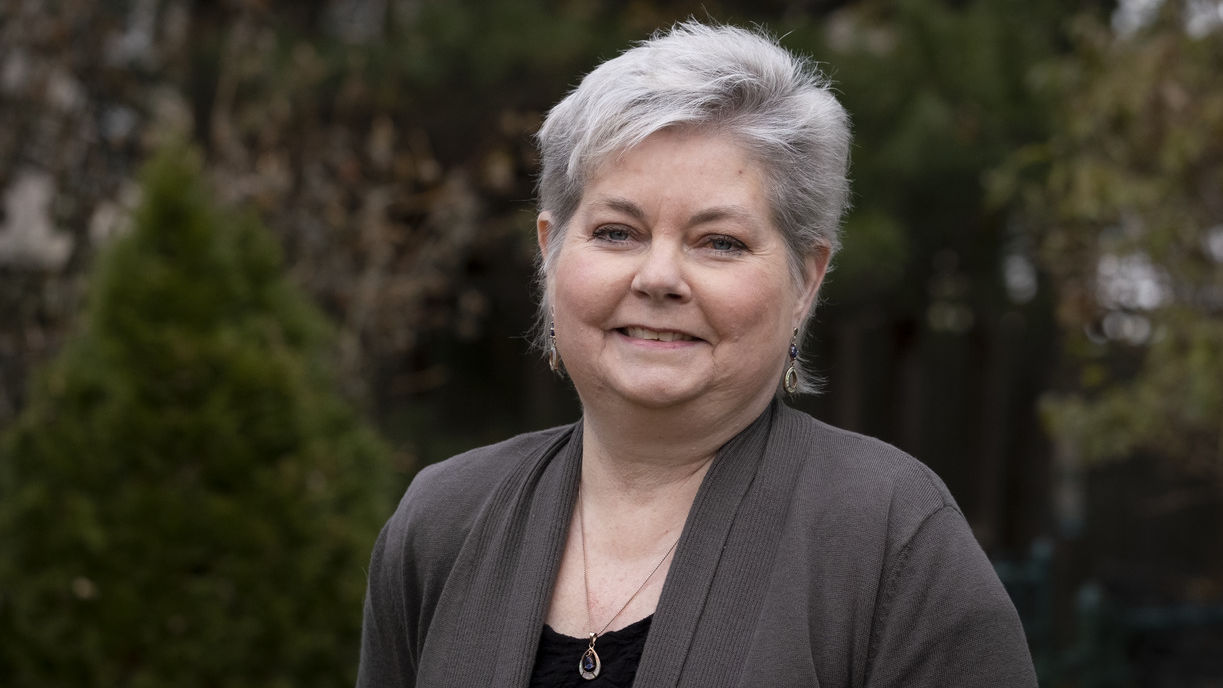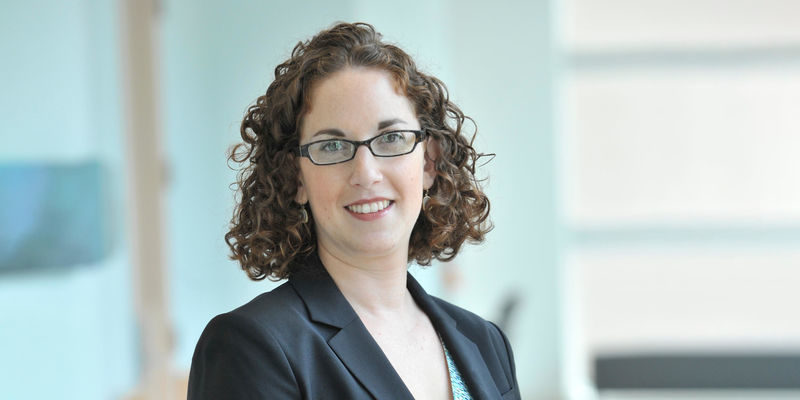Lisa Zimmaro is top of class in protecting our university’s assets and bringing up the next generation of risk managers
Temple’s Associate Vice President for Risk Management and Treasury and Adjunct Professor Lisa Zimmaro receives URMIA’s Distinguished Risk Manager award.

Lisa Zimmaro, LAW ’99, started her career practicing risk management in hospitals before getting a college degree, earning both her undergraduate and law degree in six years. She came to Temple later in life, after attending law school so she could one day defend doctors and nurses. Then she decided to follow the insurance path instead.
She has been at Temple for 12 years and has been enjoying every bit of her versatile and exciting position here.
Temple Now: Tell us about your role at Temple.
Lisa Zimmaro: I was originally hired as director of risk management. Before I came here, I was at Princeton University and a lot of people were surprised that I left there for Temple. I graduated from Temple Law in 1999 and it was where I wanted to be.
My team and I protect the university's assets and we are the university's bankers. We're the ones who make sure there is money to get everyone paid! We buy all of the insurance for the university. When you mention insurance people’s eyes start glazing over but we buy speciality insurance for things you might not think of like fine arts, media, intellectual property, etc. to protect our assets, our employees and the university.
TN: Tell us about URMIA (University Risk Management and Insurance Association) and your involvement with them.
LZ: They are the thought leaders of higher education in risk management in the United States. I've been an URMIA member since I started working in higher education. I became an URMIA board member and served for three, two-year sessions. Risk management in higher education is a small entity so we share our learning among our colleagues. You don’t see that kind of resource sharing in corporate America. I can call up another university anywhere in the country and ask them what they are doing with their minors on campus policy and they will send me what they have.
TN: In November it was announced that you had received URMIA’s peer-nominated Distinguished Risk Manager award. How did you feel when you found out that you had been chosen?
LZ: It was completely unexpected, I had no idea I was getting it. My boss, some Temple colleagues and URMIA surprised me with the news on a Zoom call. Everyone started telling stories about me and my work. I was ugly crying. It was very unexpected and very, very pleasant.
TN: Can you point to the specific contributions or accomplishments that led to your nomination?
LZ: It's an acknowledgment by my peers of a distinguished career. A lot of it had to do with the international crisis management that Denise Connerty and I addressed. Denise was assistant vice president of education abroad at the time and has since retired. In 2011, there was an earthquake and nuclear meltdown in Japan. We had to evacuate our students and staff from Temple Japan.
After this experience, using what we learned and what worked, and more importantly what didn’t work, Denise and I traveled periodically teaching risk managers how to manage crisis internationally. It made people sit up and pay attention to international risks. Now, international risk management has become a niche field. Being a board member of URMIA and my experience as an adjunct faculty member were also contributing factors for the award as most URMIA members don't teach—that's unique to me.
TN: What is the greatest challenge when working to keep the university protected?
LZ: The 18-year-old immortals. While I am very risk averse, students want to try everything and I don’t blame them. They want to travel, go abroad and experience new things. I don’t want to be the department of “no”; I strive to be the department of, “How can we make this happen?”
TN: How did you become a professor?
LZ: The chairman of the department asked me if I would speak to the risk management majors. After I talked about my experience with risk management at Temple, he said, “You're pretty good at this,” and asked me if I was interested in teaching. I had never done it before so I sat in on his class for a semester and really liked it.
Since 2011, I have been teaching the Introduction to Risk Management course which is required for all undergraduates at the Fox School of Business. I try to show them how involved the field is and how it's vital to every business. I feel like I'm bringing up the next generation of risk managers and teaching them some of the realities of risk management as opposed to what they're learning in a textbook. I really enjoy teaching and get so much out of it.


